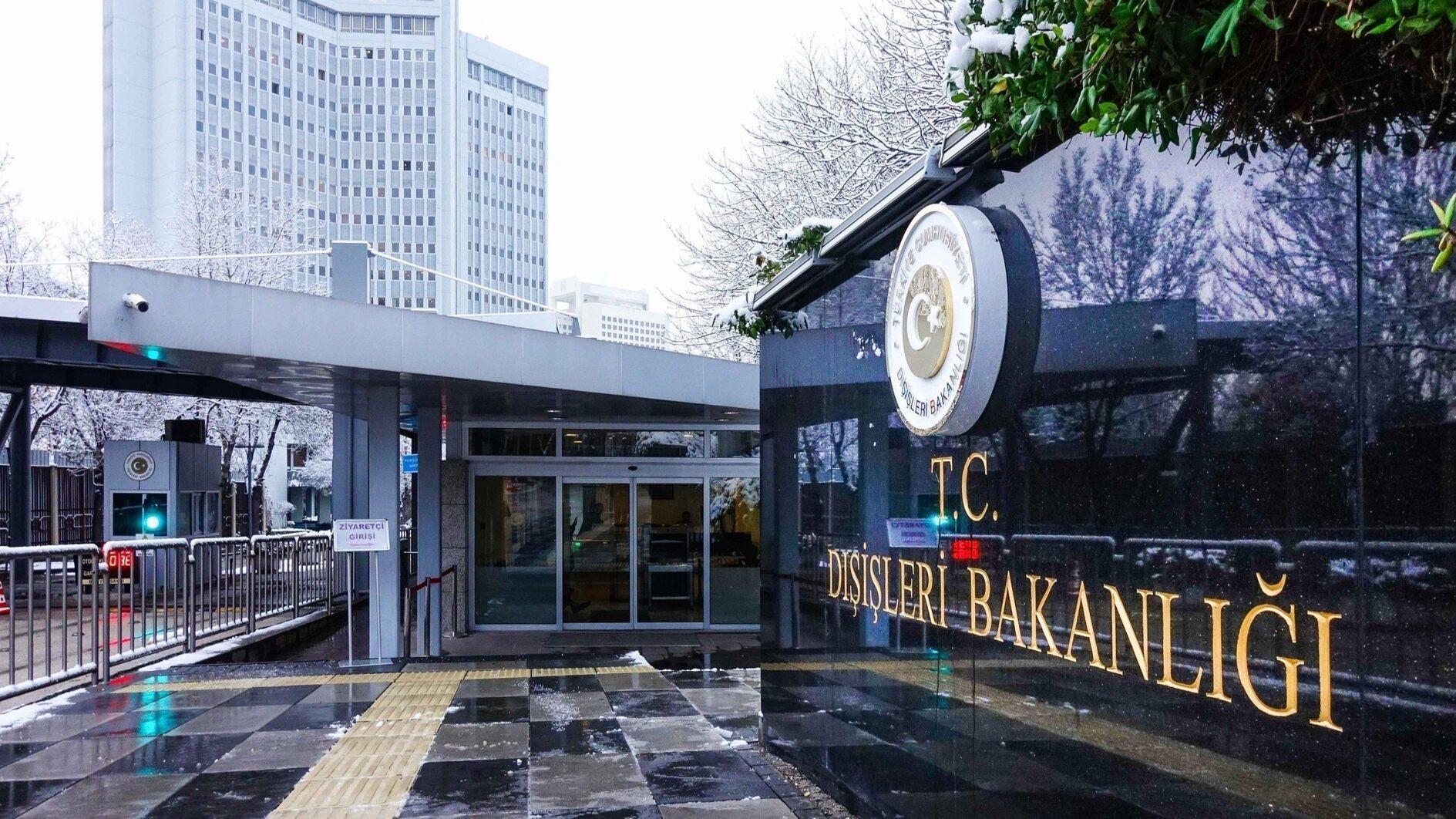
Türkiye has raised objections to increasing militarization by the Greek Cypriot administration, warning that such actions threaten the fragile stability and peace in the region.
"This misguided policy could further undermine the stability and peace of our region and will lead to an arms race on the island,” the Turkish Foreign Ministry said in a statement on Friday.
The ministry emphasized its alignment with the concerns expressed by the Turkish Cyprus, whose Foreign Ministry issued its own warnings on the matter.
The Turkish Cypriot foreign ministry on Thursday criticized the Greek Cypriot administration for intensifying its military activities with backing from international powers such as the United States. It argued that such acts, under the guise of a “strategic partnership,” escalate tensions and endanger the existing regional balance.
"We have repeatedly emphasized that the stance taken by the United States in supporting the Greek Cypriot administration—alongside its military cooperation with nations like Israel and France—threatens to disrupt the fragile balance of the region," the Turkish Cyprus statement read.
The Turkish Cyprus added that it remains committed to pushing back against efforts to turn Southern Cyprus into a "military stronghold."
It also criticized the narrative of a “security threat” used to justify increased armament, warning that these steps could have disastrous consequences for the entire island's future.
Both Türkiye and the Turkish Cyprus urged all parties involved to act rationally and called for international actors to avoid encouraging militarization in Cyprus.
The island of Cyprus has long been the focus of a protracted dispute between its Greek and Turkish communities, despite diplomatic efforts aimed at achieving a resolution.
Violence against Turkish Cypriots in the 1960s forced them into isolated enclaves. Following a 1974 coup by Greek Cypriots seeking unification with Greece, Türkiye intervened as a guarantor power to protect the Turkish Cypriot population. This action led to the establishment of the Turkish Cyprus in 1983.
Though the Greek Cypriot administration joined the European Union in 2004, the same year a United Nations peace plan was rejected by Greek Cypriot voters, the conflict remains unresolved.
Türkiye continues to advocate for a two-state solution to the dispute, emphasizing sovereign equality and equal international recognition for both sides.